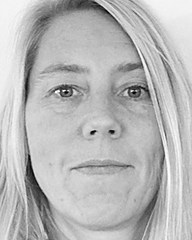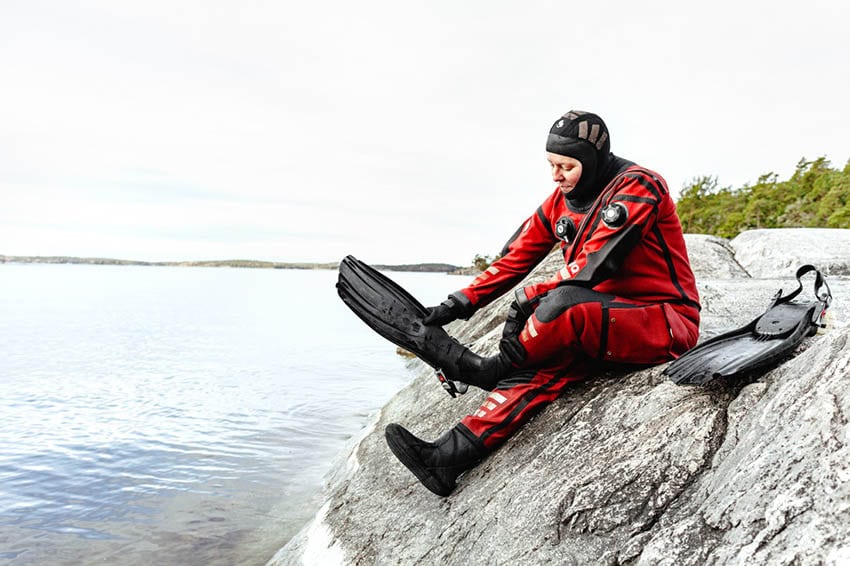Helena Stjernberg Tagesson is a librarian and has worked with publishing at Malmö University Library for ten years. She meets many doctoral candidates and discusses the choice of the right scientific journals with them.

“When we arrange workshops, we provide individual support to doctoral candidates. They send me their material and I do some preparatory work and assist them in choosing the right journal. They also learn how they can analyse which magazines would be good choices for them in the future.”
Stjernberg Tagesson and her colleagues see that the number of researchers contacting the library with questions about publishing is increasing sharply. But they do not know why.
“The reason could be the increase in publishing in general and that there are more and more journals to try to have an overview of. For us, it may also be because Malmö became a fully-fledged university in 2018 and we are investing much more in research now than before. We haven’t looked into it in detail. There might of course be several reasons for the increasing demand for publishing strategies,” she says.
When several researchers work together across disciplines, it is normally more difficult to identify the right journal, compared with publishing results within a narrow subject area. “At the same time, we are also getting an increasing number of questions from research-heavy departments that already have good publishing records.”
Stjernberg Tagesson emphasises four important things to bear in mind above all when a doctoral candidate or young researcher chooses a journal.
From the library’s point of view, it is important that researchers communicate their results to the right audience. Look at the aims and scope of the journal. What does it say that it wants to do? Is the editorial office made up of names that you or your supervisors have heard of? Are prominent researchers in your field included as authors or references in the journal’s articles? Of course, making one’s publication freely accessible to all through open access also increases reach.
The demands from higher education institutions regarding scientific quality and high impact are unavoidable. The number of published articles is also a factor in the allocation of research funding. Some researchers divide their results into smaller parts and choose to publish two or three articles instead of one. That is a way to adapt to how research funding is distributed.
It is important to ensure that the journal is of high quality. Is it indexed in reliable databases? Are the articles in the reference lists scientific publications? If you are unsure, ask your library to help you check that the journal is not run by a predatory publisher. There are blacklists that warn about unscrupulous journals.
As a doctoral candidate, you can receive plenty of different advice from colleagues and supervisors. One supervisor may suggest an offensive strategy with a lot of articles in journals, while another may suggest publishing in book form. One solution may be to first publish a monograph and then publish articles later.















